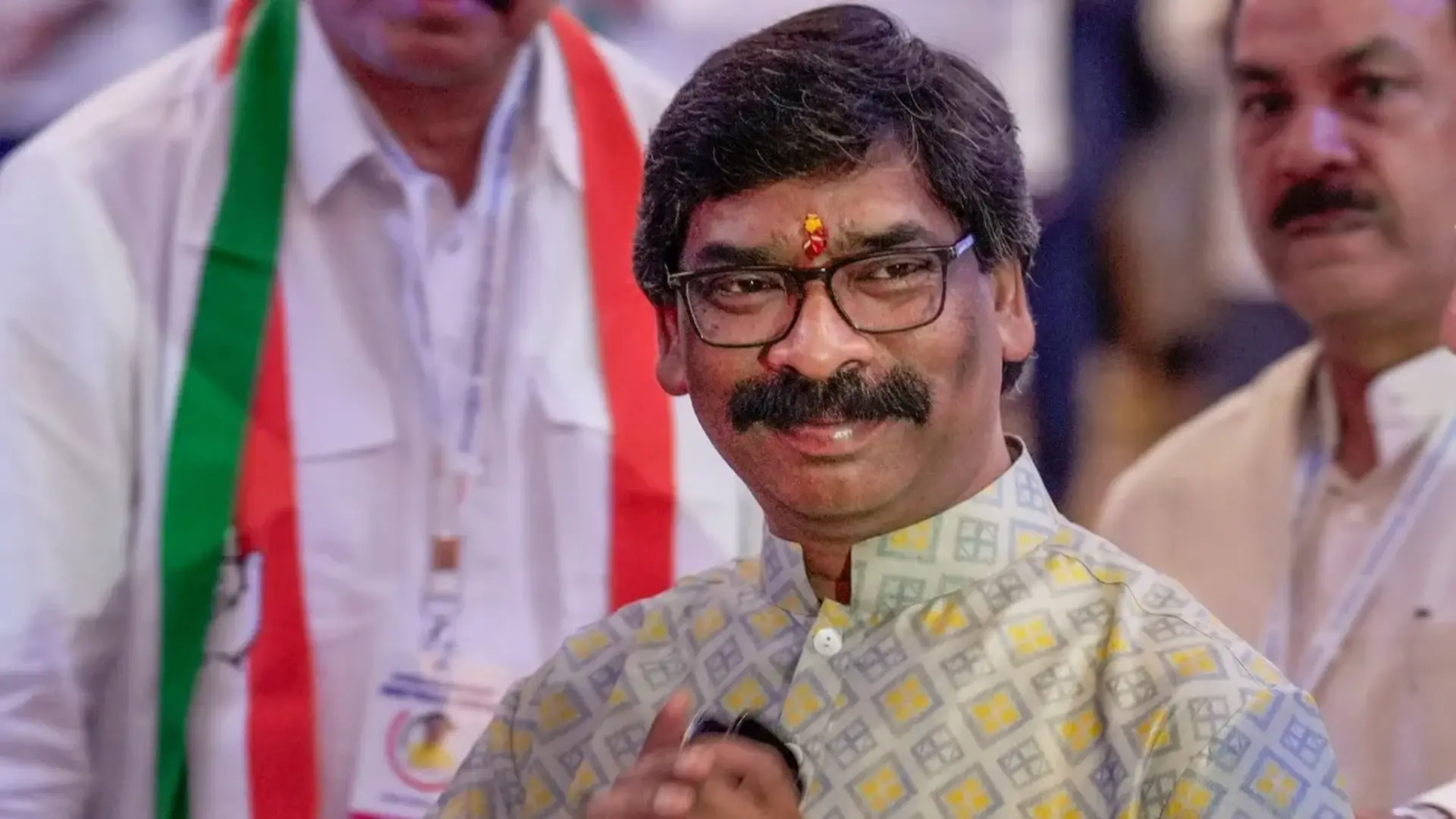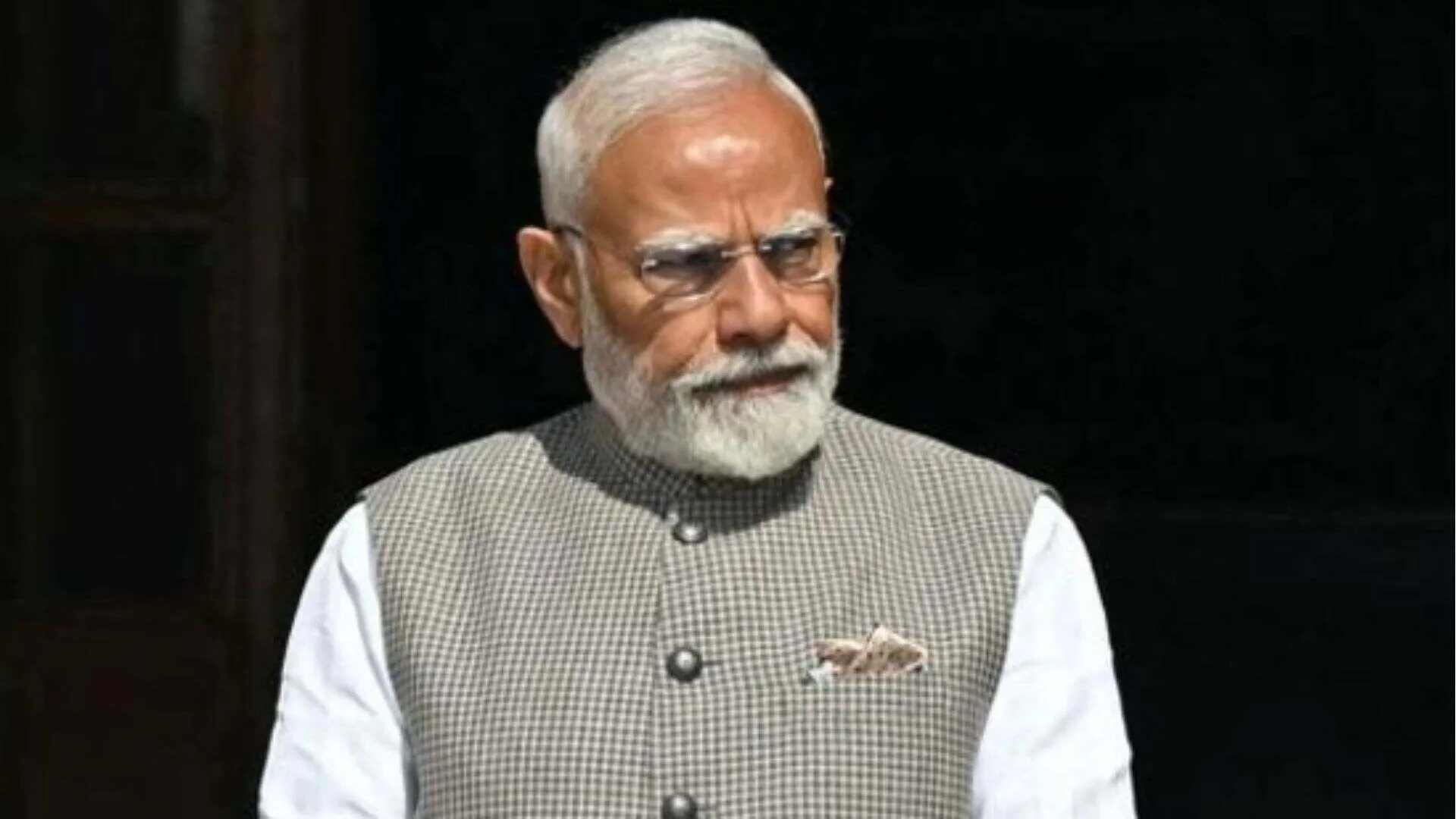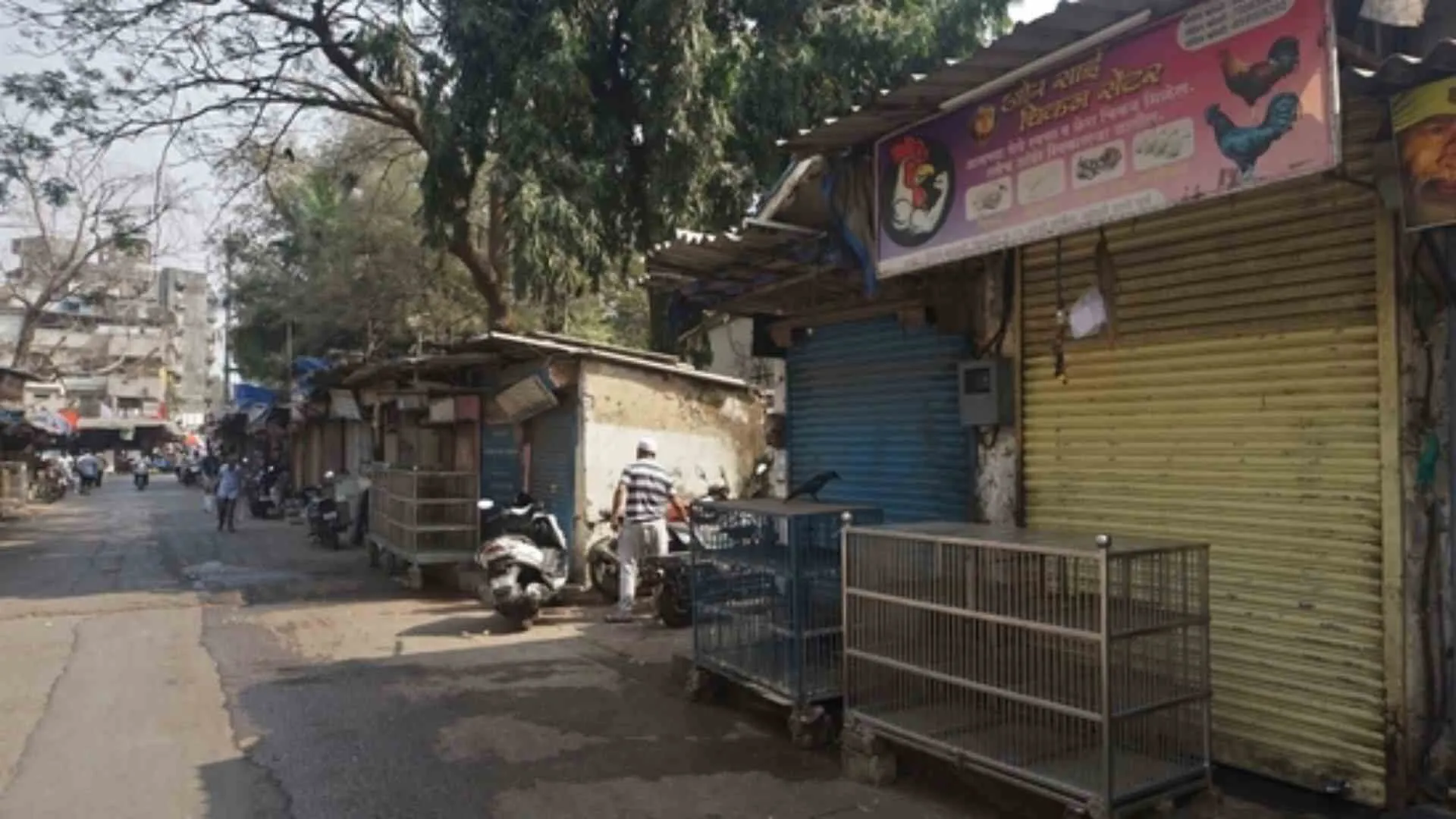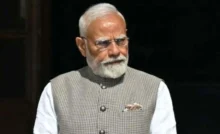As the 2024 Jharkhand elections draw near, the issue of demographic changes in the state’s tribal areas has gained significant attention. Many are raising concerns about the policies of the current Hemant Soren-led government, with some alleging that the administration is supporting the settlement of illegal immigrants. This issue has even reached the courts, with affidavits submitted by the Jharkhand government in the High Court stirring judicial apprehension.
In this context, Union Home Minister Amit Shah’s recent comments have further fueled the controversy, questioning the JMM-led government’s stance. He remarked, “Hemant Soren’s government is encouraging infiltrators. If our government comes to power, we won’t spare them. I want to tell infiltrators to stop sleeping peacefully.”
Has the Hemant Soren Government Fostered Illegal Infiltration?
This is not the first instance of the JMM government facing allegations of facilitating illegal immigration. Critics argue that the government is either knowingly or unknowingly allowing unauthorized individuals to settle in Jharkhand, which is altering local demographics, disrupting tribal culture, and affecting the electoral process.
National Security Concerns
Political leaders and social activists have voiced alarm over the possible national security threat posed by the influx of illegal immigrants, particularly in sensitive border areas. Allegations persist that the government’s lax policies have enabled illegal immigrants to obtain official documents, complicating efforts to identify them. This, they say, poses a significant risk to the safety of the indigenous communities and national security.
The Ankita Murder Case – A Symbol of Legal Weakness
The Ankita murder case continues to provoke public outrage. Allegations of forced conversion and the brutality of the crime have intensified scrutiny of the state government’s handling of law and order. Critics view the case as emblematic of the current state of legal enforcement in Jharkhand.
JMM’s Position and the Empowerment of Infiltrators
There is growing concern that the Jharkhand government’s position on illegal immigration may inadvertently embolden those seeking to exploit the state’s resources without facing consequences. The government’s continued dismissal of the issue has raised questions about its approach to national security and the welfare of indigenous populations.
Vote Bank Politics: Betraying the People of Jharkhand?
Some observers suggest that the government’s reluctance to address illegal immigration might be driven by vote bank politics. The JMM has consistently denied the existence of an illegal immigration problem, but recent admissions have caused further scrutiny. A report from Hindustan Times revealed that the district magistrate of Sahibganj confirmed the arrest of four Bangladeshi infiltrators since 2017 and acknowledged shifting demographics in the area.
A notable example of such demographic changes is the village of Bhognadih, home to the revered Santhal freedom fighters Sidho and Kanho. The once-predominantly tribal population has now become a minority, with a Muslim majority—a shift that is especially significant given that the village lies within the constituency of Chief Minister Hemant Soren, Barhait. This transformation has added fuel to the fire, intensifying the debate over the administration’s handling of the issue.









